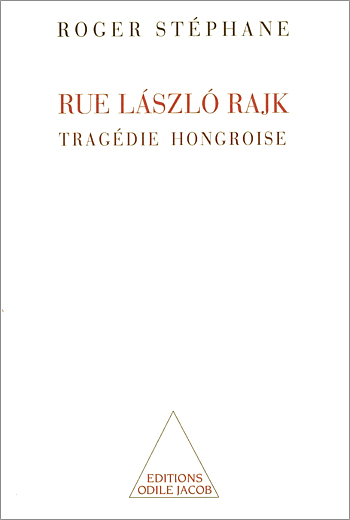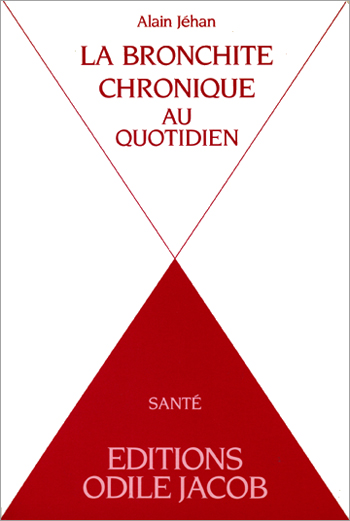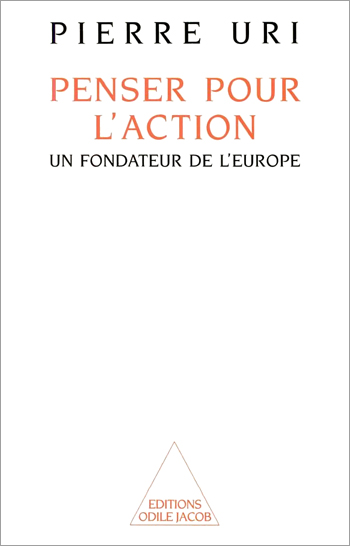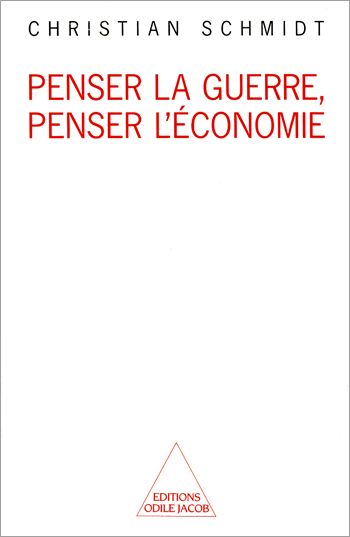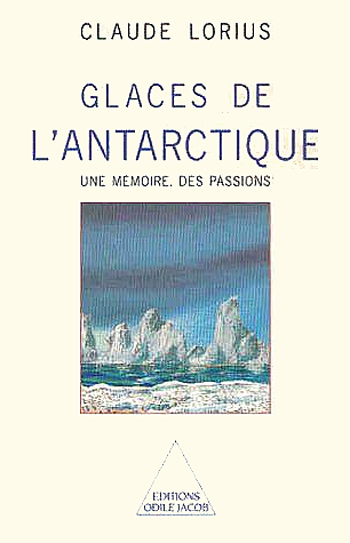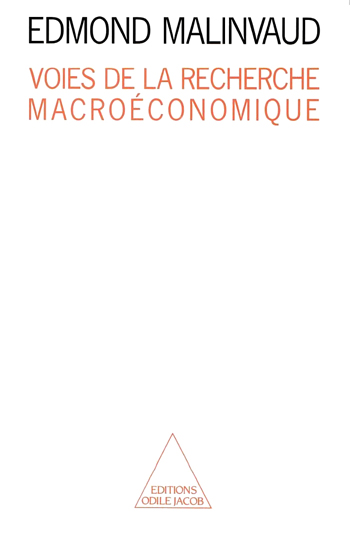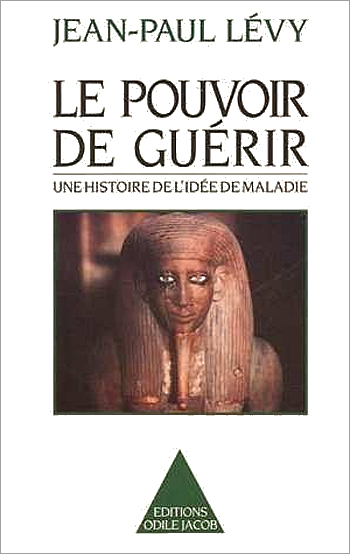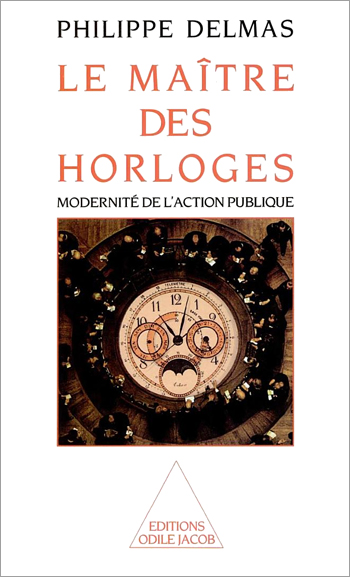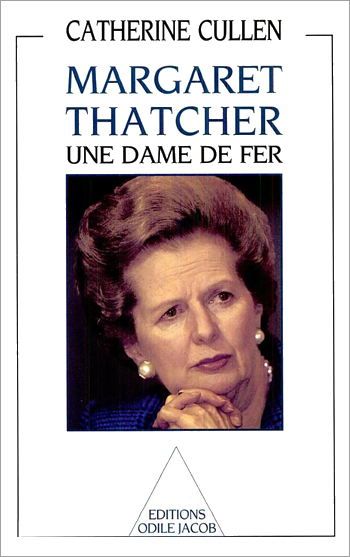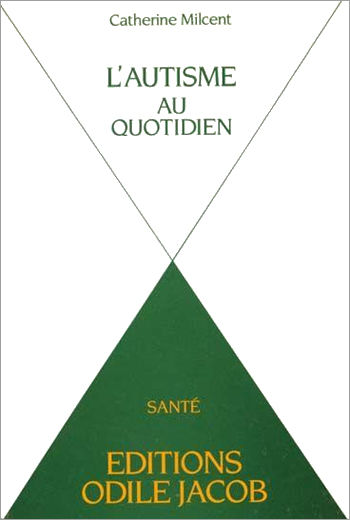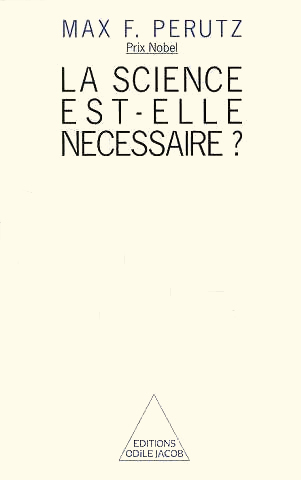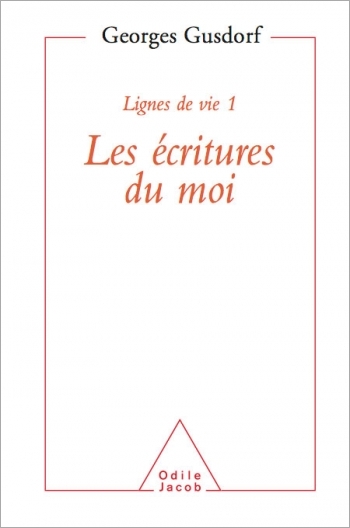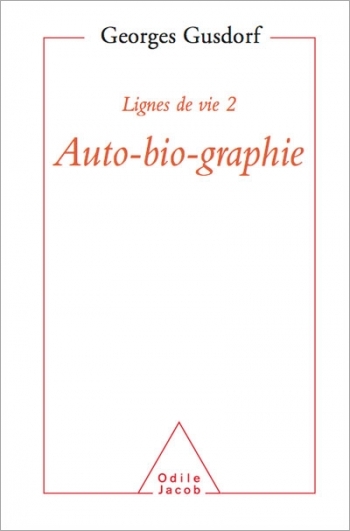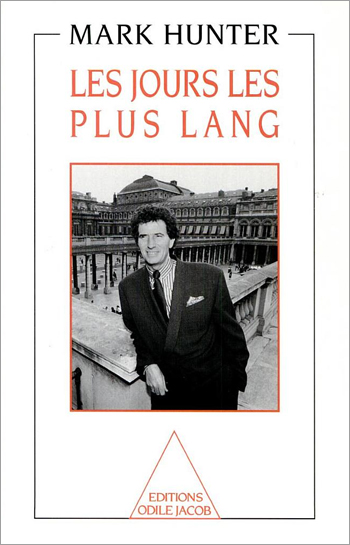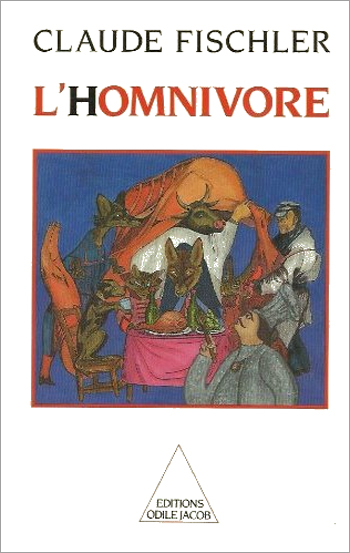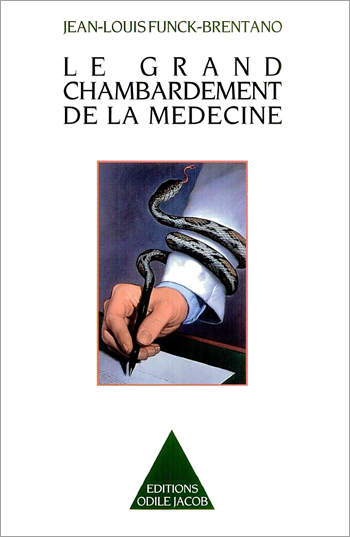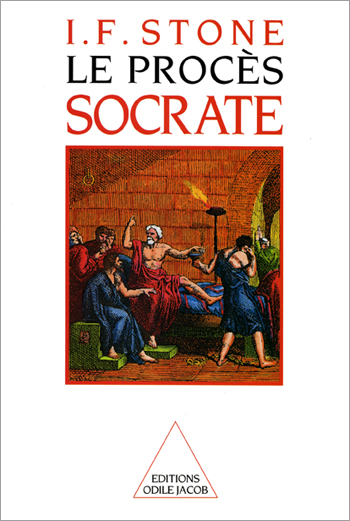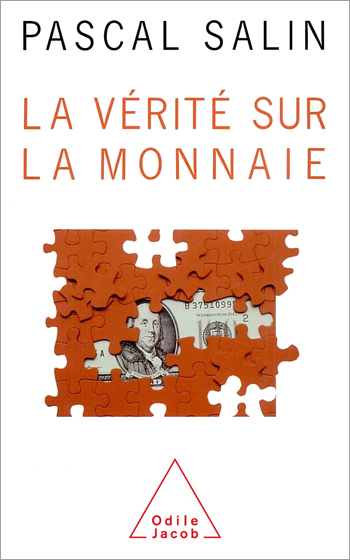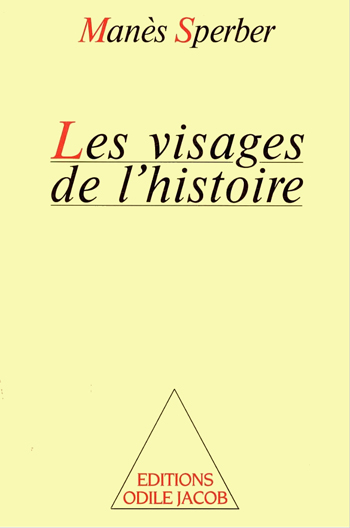Catalog All books
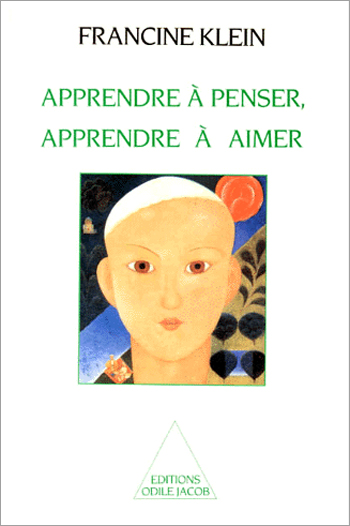
Francine Klein
Learn to Think, Learn to Love
Is everything determined at birth and in our first months of life? Why is it that certain children experience difficulty in learning to walk and to speak? Why them and not others? By describing the mechanics of learning and intellectual development, Francis Klein emphasizes the role of affection and relational factors on early development. She reminds us that to learn to think pre-supposes pleasure and liberty. Francine Klein is a children's psychiatrist and a psychoanalyst.
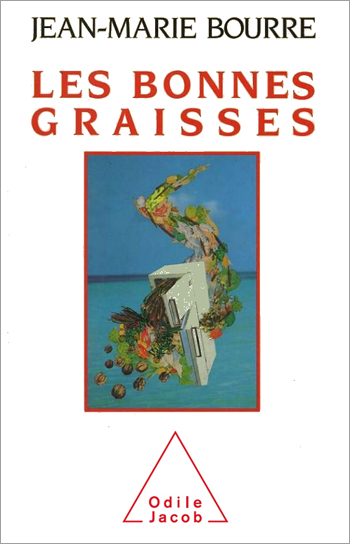
Jean-Marie Bourre
The Good Fats
Are fats the demons of modern times? Are they the bane of too rich diets? Are they the poison of opulent societies? Without fats, which are an absolute necessity for our brain and our health, life would be impossible. Fats are also the vectors of culture, through the many joys of cooking.
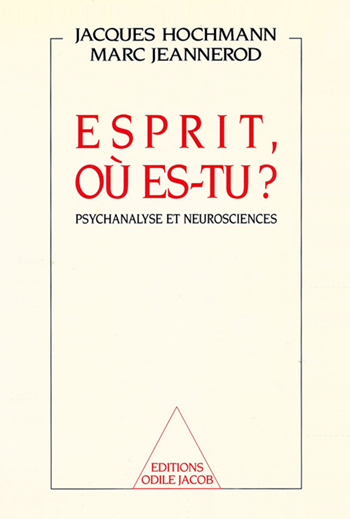
Jacques Hochmann, Marc Jeannerod
Is there anybody there ? Psychoanalysis and Neuroscience
For the first time, a psychoanalyst and a neurophysiologist have put their expertise together in order to progress in knowledge. The focus is rather on their ability to listen to each other, and their avoidance of concessions, than on individualistic, polemic arguments. Thus, important bridges are built between the two disciplines, which perhaps heralds the advent of another psychology. Jacques Hochmann is a professor of psychiatrics and a psychoanalyst. Marc Jeannerod is a professor of physiology and a neurophysiologist.

Gérard Chaliand, Jean-Pierre Rageau
The Atlas of Diasporas
For the first time, a complete and global presentation, both historical and geographical, of diasporas. Sixty maps, many illustrations, and accurate syntheses help reproduce the great archipelago of exile, wandering and migration. From the authors of The Strategic Atlas, The Political Atlas of the 20th Century, and The Atlas of Europeans.
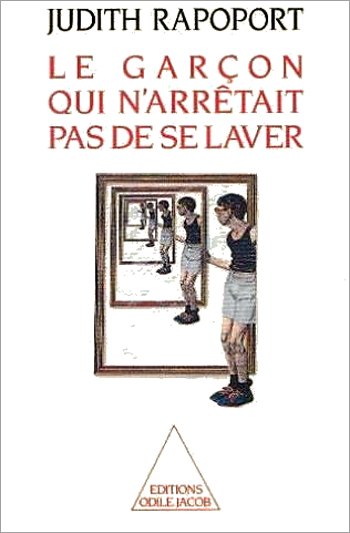
Judith Rapoport
The Boy Who Couldn't Stop Washing The Experience and Treatment of Obsessive Compulsive Disorder
At the age of fourteen, Charles spent three hours a day in the shower and it took him two hours to get dressed. He suffered from obsessive-compulsive disorder, a strange and secretive illness that affects the lives of hundreds of thousand of people. For the first time, they speak out, accompanied by their doctors, and invite us to reflect on this mysterious illness which we are just only beginning to be able to treat. Psychiatrist Judith Rapoport directs the children's psychiatric services program at the National Institute of Mental Health in Bethesda, Maryland (United States).
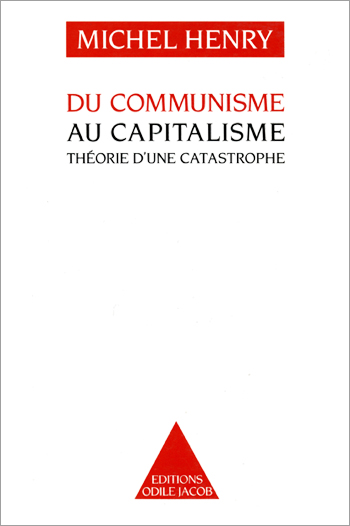
Michel Henry
From Communism to Capitalism : A Theory of Disaster
Communist totalitarianism is breaking apart because it rejected reality in favour of abstractions and falsely universal principles. Those who now rush West from Prague or Bucarest cannot imagine what awaits them: the levelling of values and individuality. M. Henry s work is a meditation against everything which undermines these disoriented refugees, whether it be spiritual starvation, creative thirst, or physical hunger.
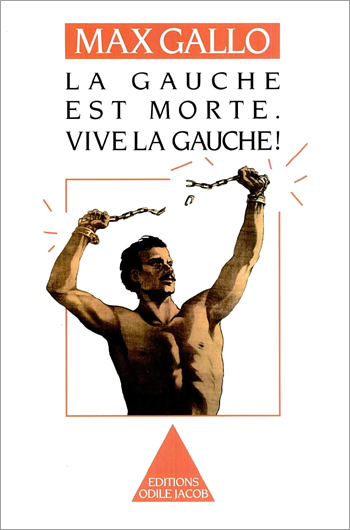
Max Gallo
The Left is Dead. Long Live the Left!
Max Gallo, a man of conviction and a socialist to the core, assesses ten years of Socialist power in France: lost illusions, betrayed hopes, problems left unsolved . This critical picture of contemporary France forgoes personal attacks and concession in an attempt to revive the leftist spirit of progress and reform.
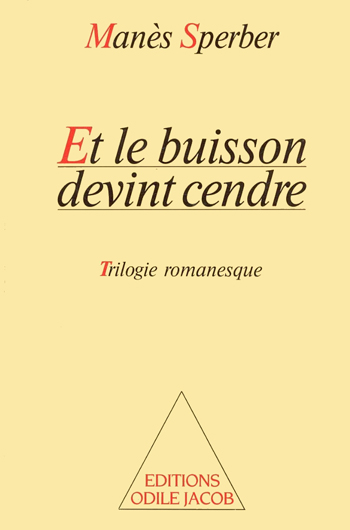
Manès Sperber
And the Bush Became Ashes
Novelist, essayist, and philosopher Manès Sperber is a major witness of the twentieth century. Born in 1905, he became the closest disciple of Adler, a Viennese psychologist known for his rejection of psychoanalysis. Driven from Berlin by the Nazis in 1933, he definitely broke with communism during the 1937 Moscow trials and established himself in the Parisian intellectual circles of Malraux, Camus, Koestler and Aron. Recognized in German countries as a major writer, his work has received many literary prizes. By publishing his three novels in one newly translated volume, Odile Jecob proposes a reference edition of this epic.
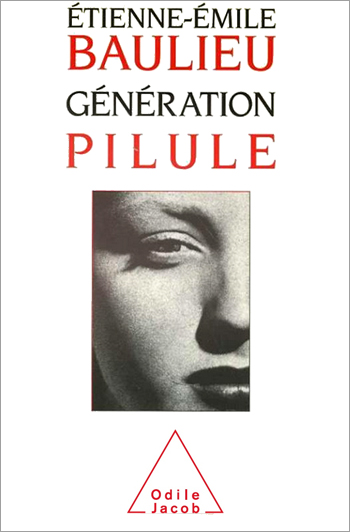
Étienne-Émile Baulieu
The Generation of the Pill
After meeting Gregory Pincus, the inventor of the pill, E. Baulieu, a young researcher and hormone specialist, found himself at the heart of one of society s most burning controversies: contraception. This is his story; his own contribution to contraception, RU 486, the first contragestive pill, and his reflections on the ethical debate it provoked.
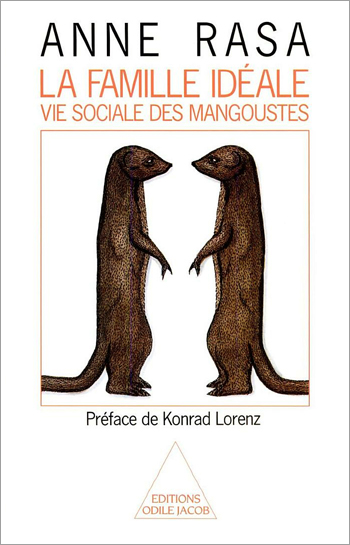
Anna Rasa
The Ideal Family The Social Life of Mongeese
Queen mother, the political leader, the prince consort, the military leader and guardian of the moral standards of their offspring, in turn warriors, baby-sitters, peacekeepers and brave troopers- such is the composition of the ideal mongoose family, those intelligent and appealing predators. A masterpiece of observation, analysis and description, by an ethnologist trained by Konrad Lorenz.
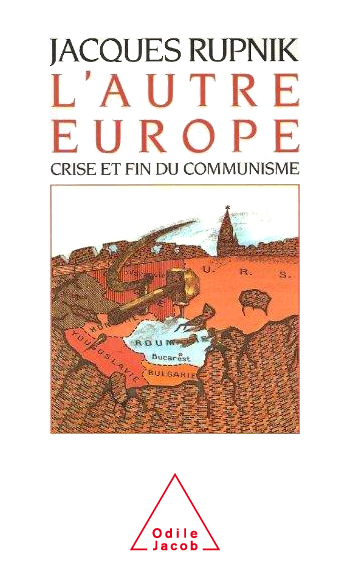
Jacques Rupnik
The Other Europe The Crisis and End of Communism
The crumbling of the Berlin Wall marked the end of the divided Europe that was inherited from Yalta, and the renaissance of Central Europe, so neglected and forgotten that it is often simply referred to as the East. Originally from Prague, Jacques Rupnik is one of the top specialists in France of this "Other Europe". In this work, he delivers the results of a long investigation of both the terrain and the historical thought leading from the nationalisms of the last century to the Gorbachev factor.
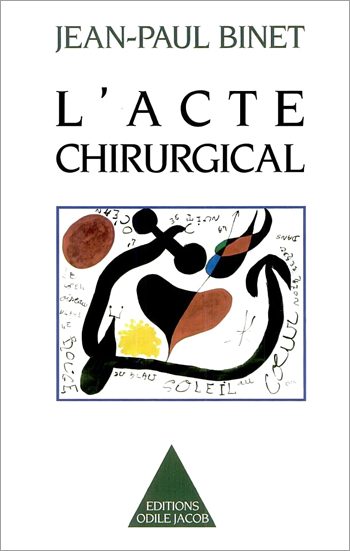
Jean-Paul Binet
The Surgical Procedure
One of the great names in cardiovascular surgery, Jean-Paul Binet, wished to embrace his discipline it its generality (working with hands) but also in showing its prodigious diversity, progress and transformations. The reader is invited to follow him, and in so doing to surpass the mixed sentiments of fascination and horror that are often inspired by this branch of medicine. Jean-Paul Binet is a member of the Medical and Surgical Academies, and a correspondent for the Academie des Sciences. He practices at the Marie-Lannelongue Surgical Center.

